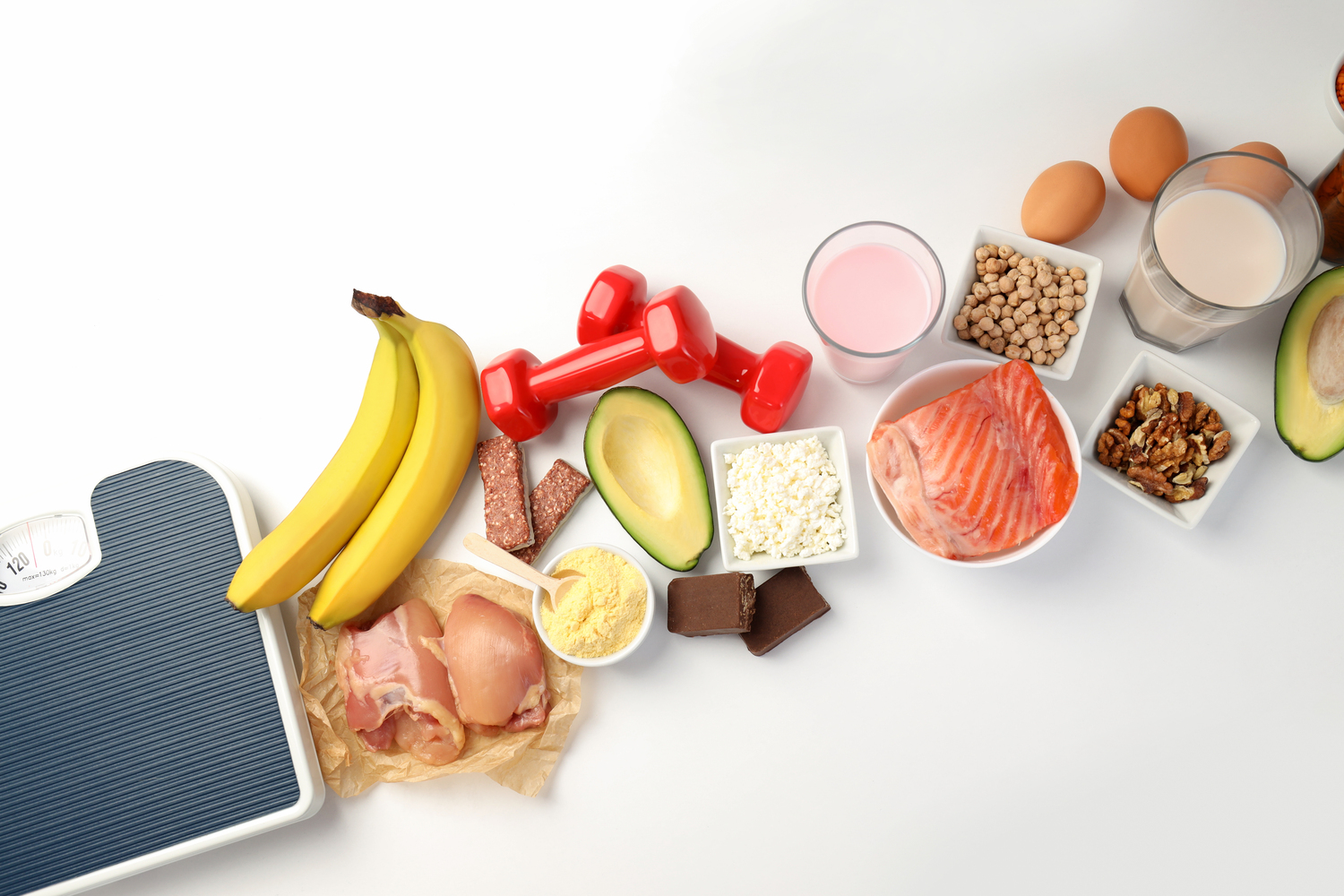A ketogenic diet (keto for short) is a high-fat, low-carb diet that causes the body to break down fat into molecules called ketones. This results in ketones circulating in your blood and it becoming the main source of energy for many cells in your body.
There are several health benefits associated with exercising on a keto diet. It removes radicals from the body and ensures your body’s wellness. If you’re going to exercise on the keto diet, you need to make adjustments to your diet to account for the impact of carbohydrate restriction on your physical performance. Keto athletes and competitors in particular need to ensure that they get the right amount of macronutrients and follow a keto diet that fits their needs so that they can improve their athletic performance while still experiencing the health benefits of the keto diet.
Related: How Does the Body Use Energy While Exercising?
There is some debate about the benefits of being on a keto diet for physical exercise. , While some claim that the keto diet can increase fat burning and improve endurance, others point out that it could decrease energy levels and make muscle growth more difficult. Let's take a closer look at these issues:
Benefits Of Exercising on a Keto Diet

When you combine the keto diet with exercise, you can support your wellness in the following ways:
1) Improved endurance
Research shows that the keto diet could potentially enhance the efficiency of endurance athletes. One study conducted with endurance athletes found that a 12-week keto diet improved body composition, fat burning, and exercise performance.
At the same time, however, other studies found that the keto diet could negatively affect the overall performance of endurance athletes by impairing their energy usage and speeding up the time it takes for them to feel exhausted.
Although all these results are confusing, they show that the keto diet can improve the performance of endurance athletes if the diet is properly modified for endurance sports.
2) Increased fat burning
The keto diet helps you burn fat in addition to supporting your athletic performance. A study with elite competitors showed that athletes who followed a keto diet were able to significantly increase the amount of fat they burned in their bodies during exercise compared to people who walk for exercise while on a standard diet that includes more carbs. The keto diet eventually negatively affected the training performance of these athletes. Of course, it's worth noting that the keto diet is made up mostly of fat, which could explain why more fat is burned during exercise.
3) Improved muscle recovery
Several studies have found that the keto diet can help improve muscle recovery after exercise. In fact, one study found that the keto diet resulted in self-reported progress in post-workout muscle recovery and inflammation.
Potential Drawbacks Of Exercising on a Ketogenic Diet
While there are numerous potential benefits that the keto diet can bring to your athletic performance, there are also some downsides that should be considered.
Impact on Muscle Growth

It can be more difficult to maximize muscle growth on the keto diet compared to preserving muscle mass, which is what the keto diet is typically associated with. This is partly because muscle growth requires a good amount of protein, which is necessary to promote muscle synthesis and tissue repair. A high-fat, low-carb ketogenic diet may not always meet this need. Because excess protein intake can prevent ketosis and prevent you from reaching your goals on the keto diet.
Dip in energy
Switching to a keto diet can have a negative impact on your athletic performance and energy levels, especially as your body adjusts to using fat for fuel instead of carbohydrates.
In one study, athletes on the keto diet experienced a drop in energy that gradually returned to normal over time. However, though they also experienced weight loss and self-reported improvements in recovery and inflammation, they had difficulty engaging in bouts of high-intensity activity throughout the study.
Considerations While Exercising On The Keto Diet
When transitioning to a keto diet, it's best to avoid trying new and challenging exercise routines until you're metabolically adjusted. Jogging, rowing, yoga, and biking are just a few examples of physical activities that could work well on the keto diet.
Try experimenting with different eating and exercise routines to find out what works best for you. Remember that protein is key to repairing tissues and muscle synthesis, so be sure to eat enough protein-rich foods.
If you’re doing anaerobic exercises like heavyweight training, sprinting, and jumping, you can try a more targeted keto approach, which involves having a total of 20-50 grams of net carbs daily about 30 minutes before and after your workout. This provides your muscles with enough glycogen for optimal performance and recovery.
Want to see how your keto diet is going? Why not try Vivoo! Vivoo is an at-home urine test that measures 9 wellness parameters like your hydration, vitamin C, magnesium, calcium, and ketone levels, among many others. After taking a test, the Vivoo App scores you on your overall wellness and provides you with detailed feedback on each wellness parameter. But best of all, it shares personalized nutritional and lifestyle advice based on your results to help you improve your wellness. Why not start your wellness journey now?














